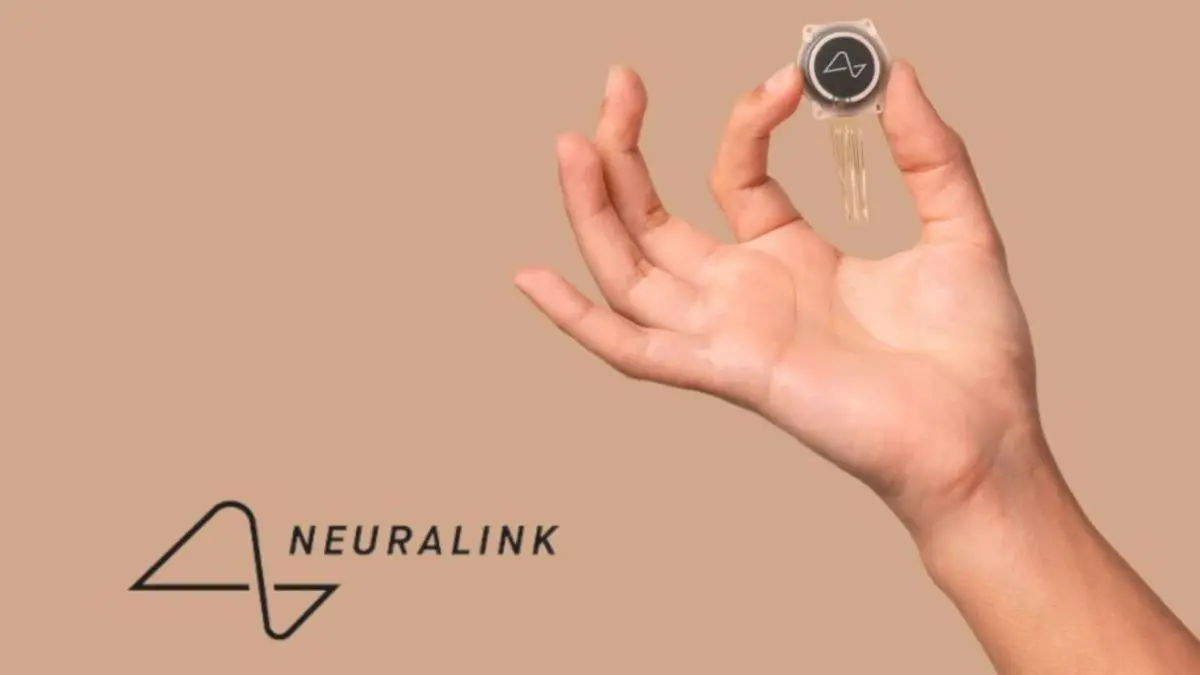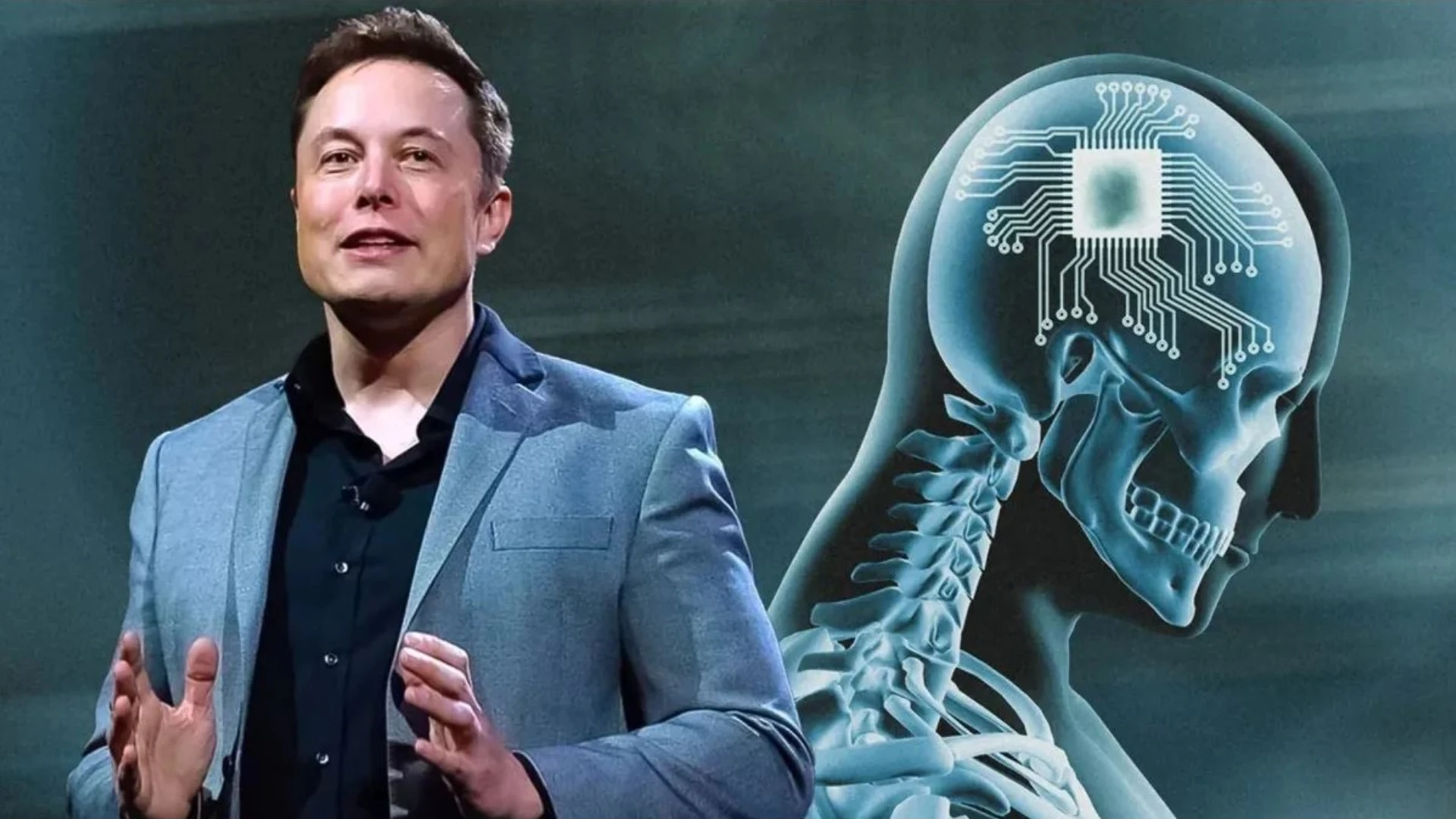Elon Musk’s Brain Chip Gets Approval to Help Blind People See
Neuralink, the brain-chip company founded by Elon Musk, is pushing the boundaries of medical innovation with its recent breakthrough. The company has received regulatory approval to develop and test brain implants that aim to restore sight in individuals who have lost their vision due to conditions like optic nerve damage. This exciting news is paving the way for a new era in healthcare, combining advanced technology and neuroscience to provide life-changing solutions for millions of people worldwide.
What is Neuralink?
Neuralink, founded in 2016, focuses on merging the human brain with artificial intelligence through brain-computer interface (BCI) technology. The company’s long-term goal is to enable humans to communicate with computers using only their thoughts, addressing conditions like paralysis, brain injuries, and now, blindness. These brain chips are designed to stimulate specific regions of the brain, potentially allowing individuals to see again or regain other lost functionalities.
A Solution for Blindness
The recent approval marks a major milestone for Neuralink’s medical ambitions. The brain chip is expected to directly stimulate the visual cortex, bypassing damaged optic nerves. This technology could help individuals with conditions like glaucoma, macular degeneration, or complete blindness see again. Unlike existing technologies that rely on external hardware like cameras or sensors, Neuralink’s chip integrates directly with the brain, offering a more natural and direct pathway to restore vision.

How the Brain Chip Works
Neuralink’s device works by creating a high-bandwidth interface between neurons in the brain and external devices. In the case of blindness, the brain chip taps into the brain’s visual centers, stimulating them to receive information from the outside world. This data can then be processed by the brain, helping blind individuals “see” in real-time through electrical signals, bypassing any physical damage to the eyes or optic nerves.
The key to this technology lies in Neuralink’s ultra-thin, flexible electrodes. These electrodes are surgically implanted into the brain and are designed to communicate with neurons while causing minimal tissue damage.
Challenges and Ethical Concerns
Although Neuralink’s progress is impressive, it also raises important ethical concerns. Implanting devices directly into the brain is still a high-risk procedure, and there are questions about long-term safety and privacy. What happens to the data collected by these brain chips? How will the company ensure it is secure?
Additionally, while the technology has the potential to restore sight for millions, its initial costs may be prohibitive, raising concerns about accessibility.
Future Implications
Elon Musk envisions a future where brain chips like Neuralink’s could go far beyond medical purposes. He has discussed the possibility of humans using brain-computer interfaces to enhance cognition, memory, and even communicate telepathically. The company’s brain chip could redefine the healthcare landscape, offering solutions not only for blindness but also for various neurological conditions like Parkinson’s disease, epilepsy, and paralysis.
As the world watches Neuralink’s advancements, the possibility of revolutionizing the treatment of blindness and other neurological conditions seems closer than ever.

